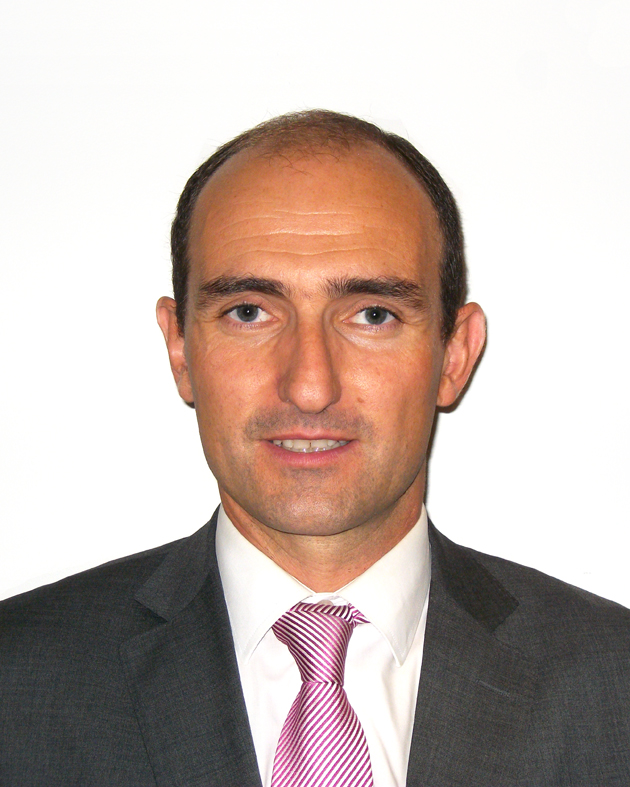The top Digital influencer

The effect of Covid in the digitalisation of society and the financial sector.
We have all heard children saying the phrase 'when I grow up, I want to be...', and where Astronaut or Firefighter used to be, we now find Instagrammer, Blogger, Youtuber and similar answers. Now, be prepared when your child tells you that he or she wants to be a Virus, to explain to them that while the former are 'digital influencers' and potential professions, the latter, despite being one of the top 'digital influencers', will not be an acceptable profession.
In recent months, we have suffered many impacts from the pandemic. Some are on the logistical/organisational side, such as mobility limitations, the need for social distancing, the imposition of remote work, the reduction of face-to-face care or difficulties in accessing goods and services. Others, no less important, are on the social side, like fear of the disease, insecurity about the future, loss of income, and the need for isolation due to Covid.
These impacts have contributed to an acceleration in the digitalisation of society and the financial sector. However, it would be unfair to say that Covid imposed the creation of a digitisation programme on Angolan financial institutions, as most had a programme already underway. What we saw was an increase in the priority given to these programmes, as well as in their strategic relevance, materialised in a deeper reflection on what they should be.
Looking at the customer/consumer side (business or private), there indeed, out of necessity, the pandemic has 'imposed' the adoption of digital tools. Online banking (and the other remote channels) has become the possible means to deal with the aforementioned impacts and this forced adoption has revealed a number of basic gaps that are difficult to overcome in the short term, but which are now seen as urgent matters.
From the perspective of a country, strengthening investment in communication networks, legal framework for digital processes, e-Inclusion education, bankarization and the promotion of financial literacy is a priority.
On the financial institutions side, it is important to re-evaluate their digital transformation programmes, not only considering the efficiency of current business processes, but also introducing digital disruption with new business processes and assessing the digital coverage of critical business processes (e.g. creation of a new client, channel membership, loan subscription, etc.).
There are many reasons for Africa, and Angola in particular, to take the issue of digitisation of society and the financial sector seriously: the vastness of its territory, the potential for bankarization, the need for low costs in relation to average income per inhabitant, low population density making face-to-face strategies (branches) impossible, and the fact that a significant percentage (+ 45%) of Angolan banking customers prefer to use digital media.
The fact that Covid is the top influencer of digital adoption at the moment has to be considered a road accident. It has accelerated something that would inevitably have happened, as we will never have the world back as it was in early 2020. Ideally, this 'excuse' (Covid) should be used to get the 'train' back on track, taking into account the specificities of each country and institution.
